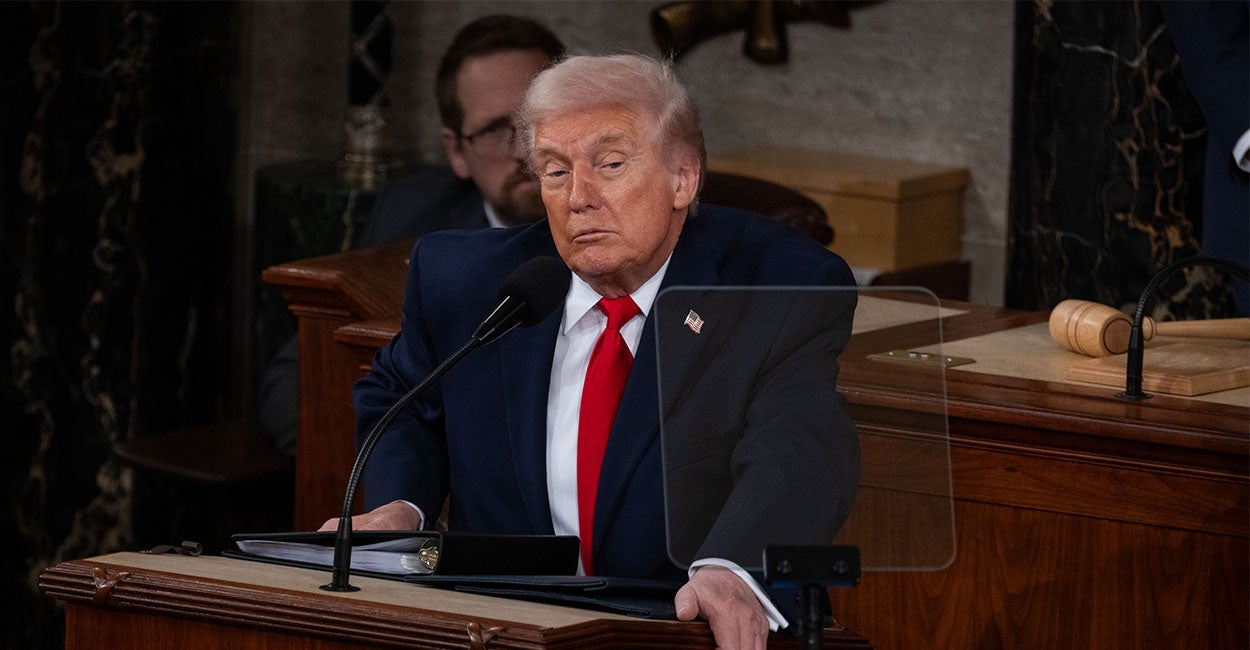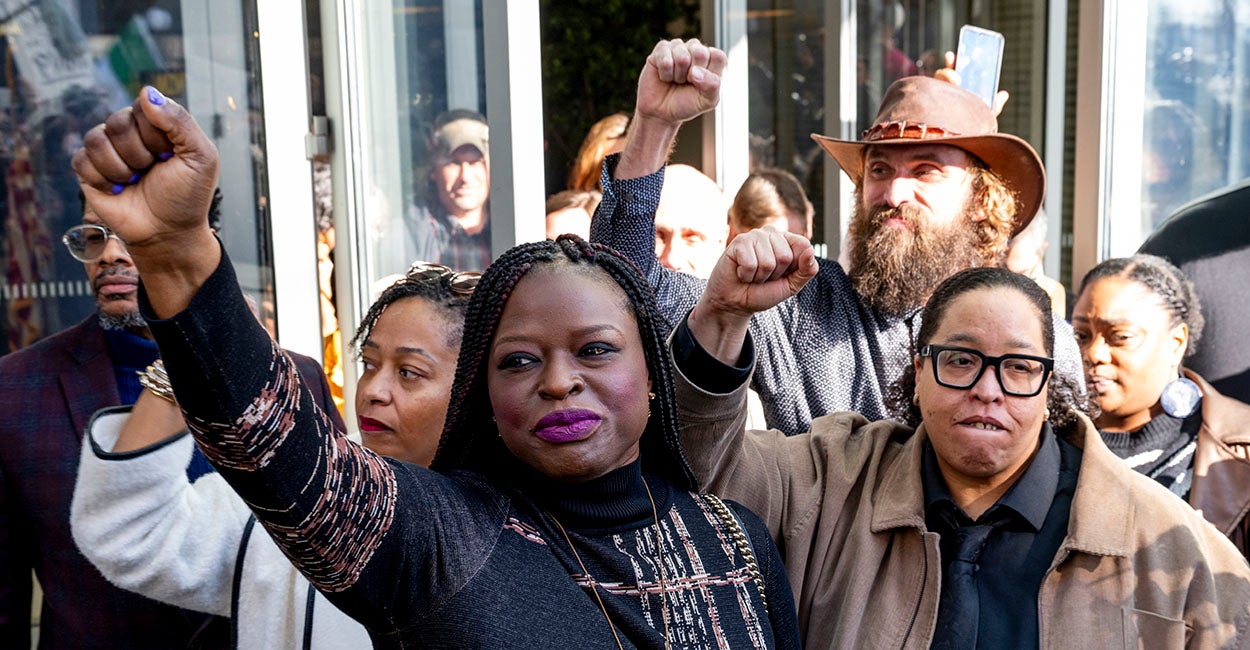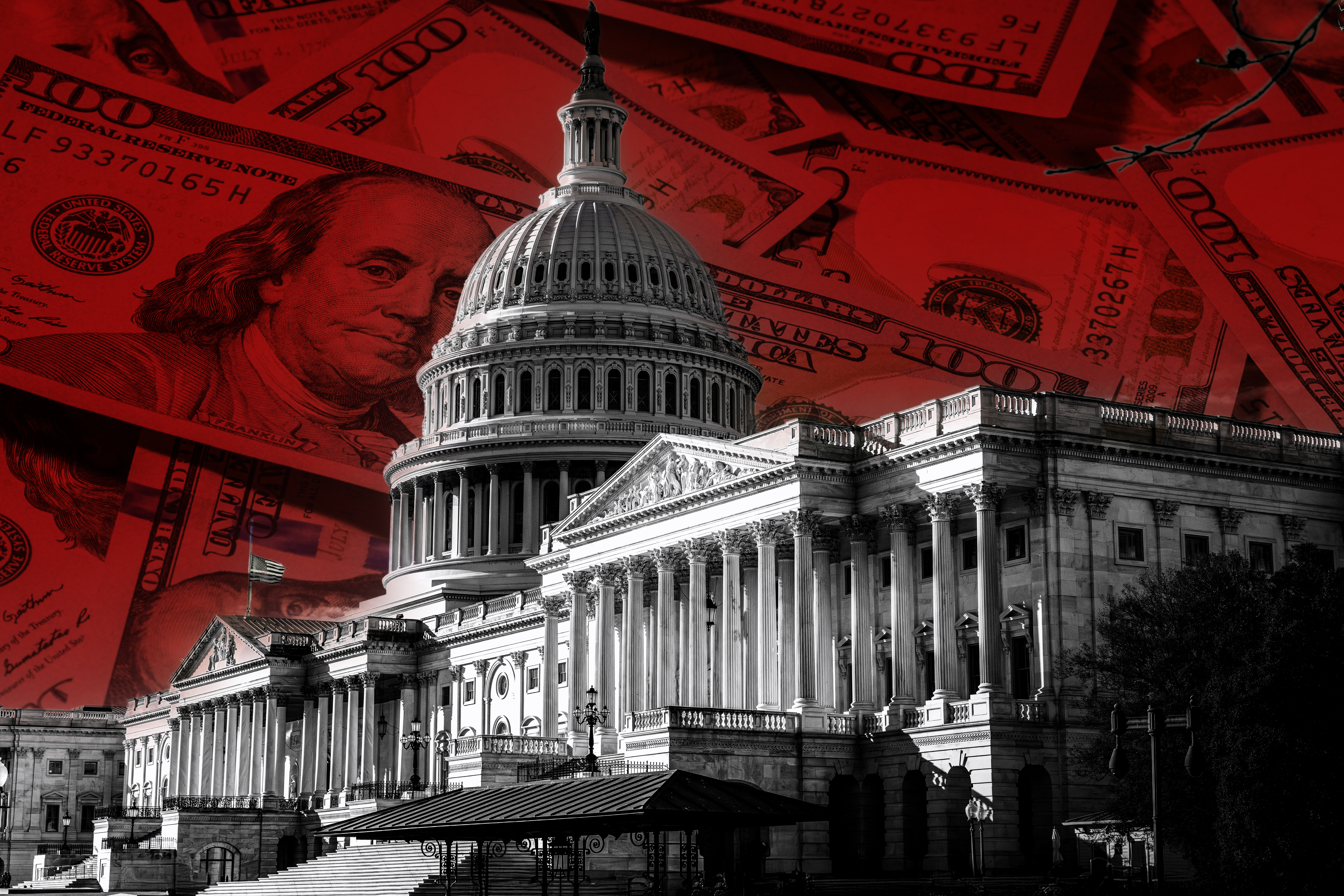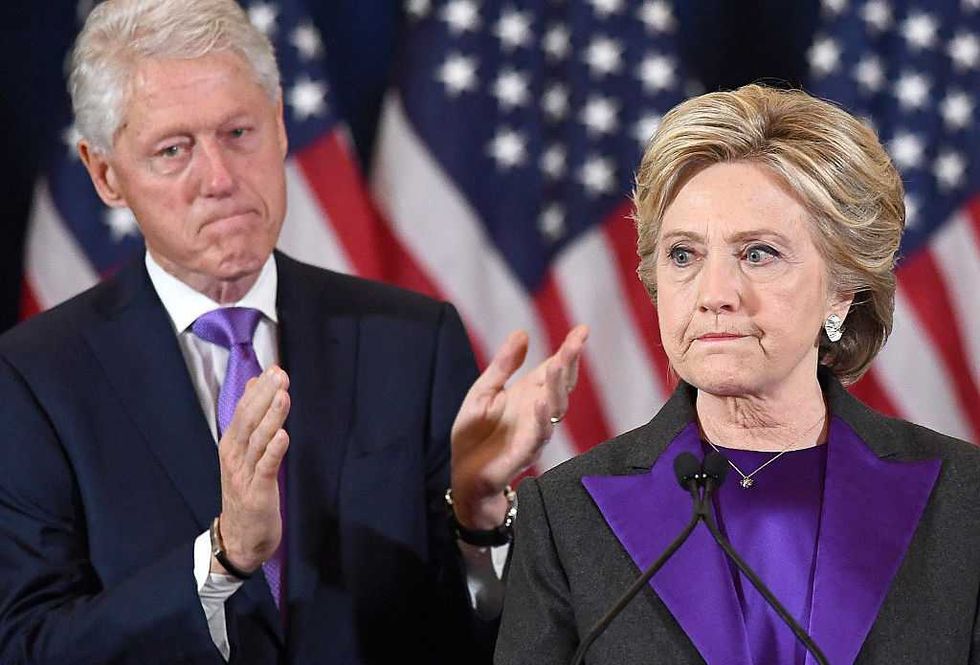Texas Ends ABA’s Accreditation Monopoly in the Lone Star State

In the little over 100 years since its founding, the American Bar Association has transformed from an organization designed to promote best practices in the legal profession to one promoting partisan political positions that are immoral, illegal, and unethical.
Live Your Best Retirement
Fun • Funds • Fitness • Freedom
But despite its woke commitments, the ABA has remained the nation’s only nationally recognized law school accreditor. On top of that, many states specifically require that those who sit for their state’s bar exam must first have graduated from an ABA-accredited law school.
The ABA long ago ceased to promote best practices for legal education—leading my colleague at The Heritage Foundation and me to call for federal and state actions to end the ABA’s accreditation monopoly.
In April, President Donald Trump issued an executive order explicitly criticizing the ABA’s accrediting arm for its problematic DEI practices and ordering the Department of Education to “hold accountable [consistent with applicable law], including through denial, monitoring, suspension, or termination of accreditation recognition, accreditors who fail to meet the applicable recognition criteria or otherwise violate Federal law.”
Trump clarified that accreditors violate federal law by “requiring institutions seeking accreditation to engage in unlawful discrimination in accreditation-related activity under the guise of ‘diversity, equity, and inclusion’ initiatives.”
That’s after U.S. Attorney General Pam Bondi had already notified the ABA it was likely breaking the law by pushing its DEI policies.
Last week, Texas became the first state to adopt our main state-level recommendation, with its supreme court eliminating the requirement that an individual has to have graduated from an ABA-accredited law school to sit for the bar in that state.
“The Court is of the tentative opinion that the ABA should no longer have the final say on whether a law school’s graduates are eligible to sit for the Texas bar exam and become licensed to practice law in Texas,” the Texas Supreme Court wrote.
Now, it falls to the Texas Supreme Court itself to decide whether a law school qualifies as an “approved law school” eligible to have its graduates sit for, and become members of, the Texas bar.
The change won’t take effect until early in 2026—after a period for public comment—but this is undoubtedly a step in the right direction.
Texas isn’t the only state considering such changes.
Florida’s Supreme Court is considering a similar step, and other states will likely follow suit—as they should.
After all, the ABA tried to bully George Mason University’s law school into discriminating against students based on race—even going so far as to threaten the school’s accreditation unless it applied different admissions standards based on race.
The ABA has pushed policies that likely violate the First Amendment by restricting what attorneys can—and cannot—say.
And it even—absurdly—claimed the Equal Rights Amendment had become the 28th Amendment to the United States Constitution. That position proved so radical, legally untenable, and dangerous that even President Joe Biden’s own archivist (the official responsible for formally recognizing new constitutional amendments) rejected it, as did the D.C. Circuit Court of Appeals.
Thankfully, Texas has taken a first and important step toward eliminating the ABA’s undue and unwarranted influence on legal education and the legal community more broadly.
Stay tuned, because there’s likely more to come from other states and the federal government.
The post Texas Ends ABA’s Accreditation Monopoly in the Lone Star State appeared first on The Daily Signal.
Originally Published at Daily Wire, Daily Signal, or The Blaze
What's Your Reaction?
 Like
0
Like
0
 Dislike
0
Dislike
0
 Love
0
Love
0
 Funny
0
Funny
0
 Angry
0
Angry
0
 Sad
0
Sad
0
 Wow
0
Wow
0















































































